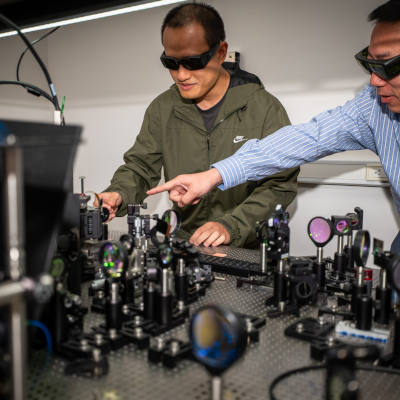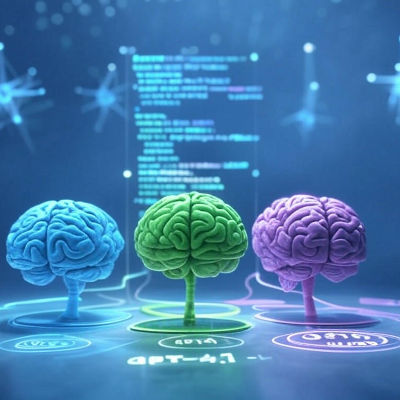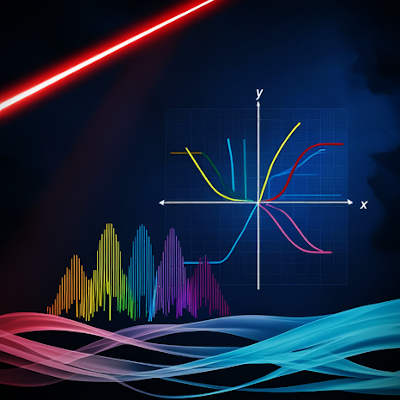AI designs new gravitational wave detectors
Apr. 16, 2025.
2 mins. read.
1 Interactions
Researchers use artificial intelligence (AI) to find better ways to detect cosmic ripples in the fabric of spacetime.
Extreme cosmic events like colliding black holes create ripples in spacetime called gravitational waves. These waves are tiny disturbances in the fabric of space and time. Scientists first detected them in 2016, opening a new way to study the universe. Spotting these waves requires very precise detectors, which are hard to design. Researchers at the Max Planck Institute for the Science of Light (MPL) used artificial intelligence (AI) to find new detector designs. Their findings appeared in Physical Review X.
Einstein predicted gravitational waves over 100 years ago, but building detectors took decades. The MPL researchers worked with scientists from LIGO, a project that detects gravitational waves using interferometry. Interferometry measures how waves, like light, overlap and interact. The MPL researchers developed an AI algorithm named Urania to design better detectors.
Urania explored countless design possibilities, optimizing the detector’s layout and settings. The AI used machine learning to discover designs that outperform existing ones. These new designs could detect signals much farther away.
Unconventional designs spark new ideas
Urania rediscovered known detector techniques but also suggested bold, new ideas. Some designs were unlike anything scientists had considered before. After two years, the AI found dozens of solutions that seem better than human-made designs. The researchers compiled 50 top designs in a public collection called the Detector Zoo. They shared these for other scientists to study. Many AI-found techniques remain mysterious, pushing researchers to rethink detector technology.
This work shows AI can uncover fresh ideas for detecting gravitational waves. It could inspire scientists to explore new ways to study the universe. AI may help design tools for examining everything from tiny particles to vast cosmic events. The MPL researchers think that machines will increasingly find solutions beyond human imagination. Humans must then figure out how these solutions work. This approach could shape the future of scientific discovery.
Let us know your thoughts! Sign up for a Mindplex account now, join our Telegram, or follow us on Twitter.


.png)

.png)


.png)





0 Comments
0 thoughts on “AI designs new gravitational wave detectors”